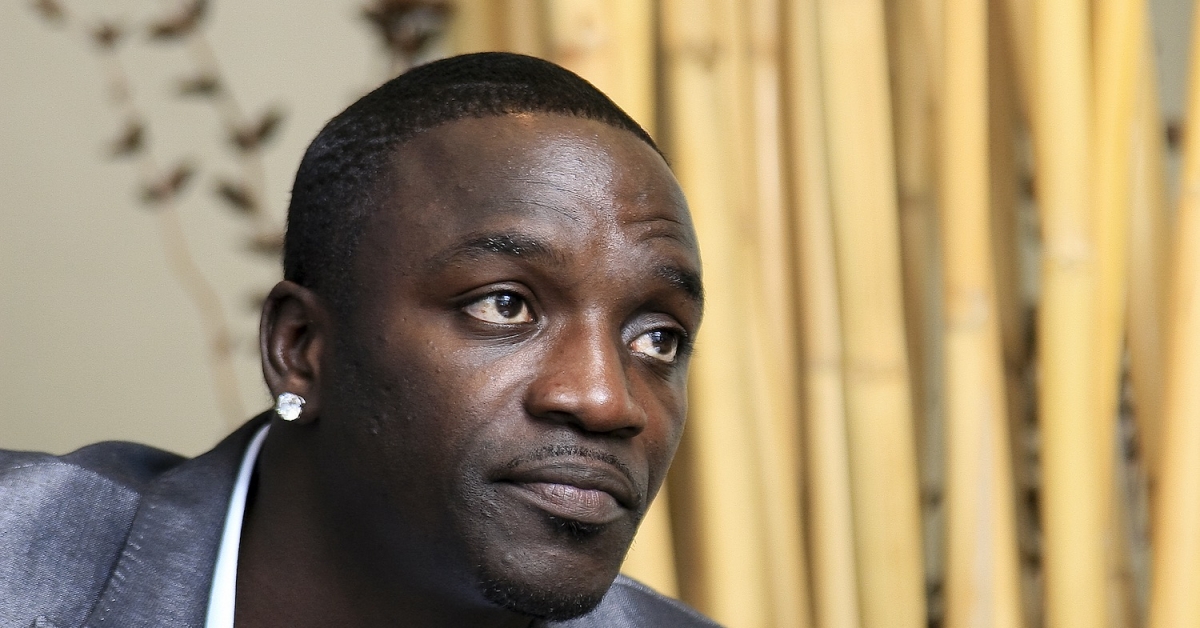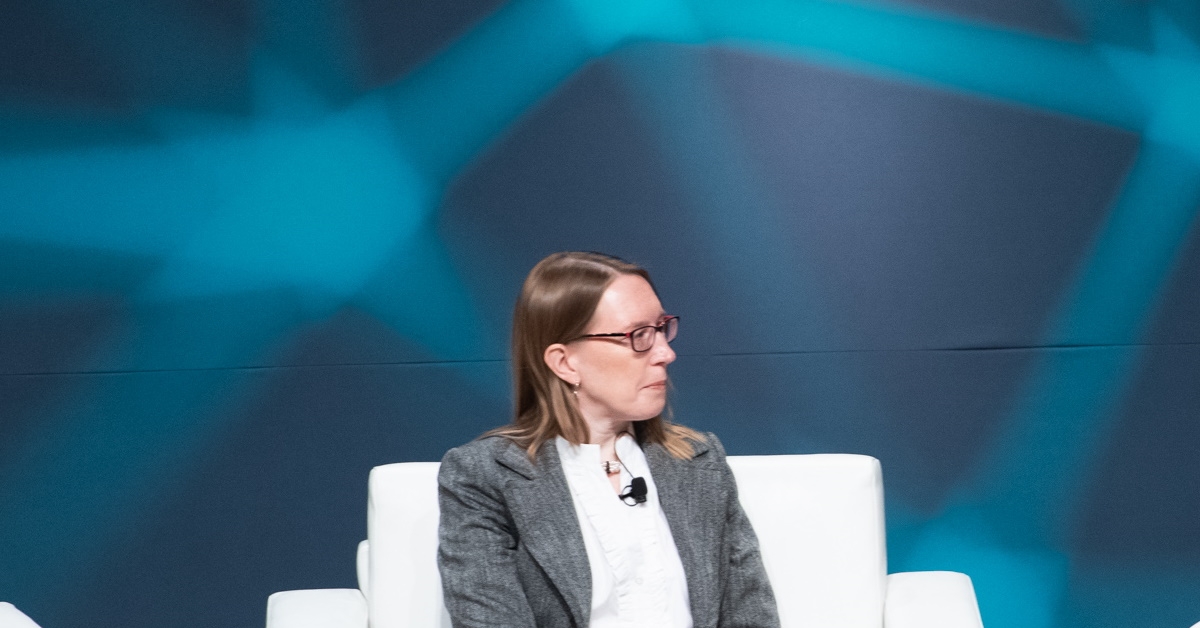In advance of her “Crypto Across Emerging Markets” panel at Consensus: Distributed on May 11, Leigh Cuen is writing a three-part column on how cryptocurrencies are used in the developing world. The first installment explored bitcoin adoption in the Middle East.
The future of money will be defined by African markets, where cryptocurrency awareness and usage surged dramatically over the past year.
Aspiring entrepreneurs like Ghanan high school student Emmanuella see bitcoin as a tool for international trade, not just speculation. He plans to buy some as soon as he turns 18 and can apply for a local mobile money account.
“I will use it to open up a business,” he said.
Ghanian exchange founder Nawaf Abd of eBitcoinics said local demand for bitcoin increased since the coronavirus crisis began, even though his physical stores in Accra and Kumasi are both closed. Through trading online, he continues to supply local buyers with bitcoin. He said his sales were up 70% in March, so much that some days he sells out of bitcoin, but declined to say how many users that entailed. His servers briefly went down in April due to overwhelming traffic on the site.
CoinDesk senior reporter Leigh Cuen hosts the “Crypto Across Emerging Markets” panel on May 11 at 7:30 p.m. ET at Consensus: Distributed, CoinDesk’s first virtual, free conference. Register here.
According to researcher Matt Ahlborg, Ghanian volume at peer-to-peer exchanges LocalBitcoins and Paxful increased to roughly $6.2 million over 90 days of the lockdown, up from roughly $4.2 million the previous 90-day period. Yet another Ghanan student, 18-year-old Derrick Bannerman, bought his first bitcoin during the last dip.
“I already had interest but the period seemed like the perfect moment to do something about my interest in bitcoins since we’re at home doing nothing,” Bannerman said from Accra. “The thing that interests me the most is its increasing value, popularity and security.”
And Nigerian bitcoin market activity is nearly 10 times Ghana’s. Ahlborg’s metrics showed roughly $63.9 million worth of Nigerian bitcoin trades during the lockdown.
With some 60% of Africa’s 1.25 billion people under the age of 25, local traders, as well as crypto behemoths, are placing their bets on future growth.
More coverage of cryptocurrency in Africa:
Nigeria
For example, Yele Bademosi, co-founder of the Binance-backed social payments startup Bundle, said thousands of Nigerians downloaded the Bundle app since it launched in late April.
There’s been some traction in Ghana as well, where Bademosi said the startup is looking to expand. But so far Nigerian demand is overwhelming enough. Roughly a 1,000 people signed up for an introductory Zoom webinar about bitcoin, he said, although there was only room for 100 to attend.
“It’s about making it easy to move value, regardless of whether it’s cash or crypto,” Bademosi said. “You can send [money] to any [smartphone] number in your contacts, even if they’re not on the app yet.”
For now, the app offers a fiat on-ramp to users with Nigerian bank accounts and supports bitcoin, ether, BNB, plus will soon support Binance’s dollar-denominated stablecoin BUSD.
“We have users who were interested in bitcoin but felt it was a little too difficult to get,” he said. “People use cryptocurrency as a remittance gateway as well as a hedge against any devaluations of local currency, plus speculative trading.”
And local entrepreneurs aren’t the only ones to notice the opportunity on the continent.
Akon City
Sengelese-American hip-hop artist Akon is the latest celebrity to join the cryptocurrency industry, setting his sights on Africa.
He created a startup and corresponding foundation, both called Akoin, advised by Bancor co-founder Galia Benartzi, to issue a pan-African currency. He’ll start in Senegal, where President Macky Sall gave the performer 2,000 acres of land to establish Akon City, and an industrial tech park in Kenya, Mwale Medical and Technology City (MMTC). The latter jurisdiction is expected to start using Akon’s cryptocurrency in the next few months.
“[Akoin] will be the primary digital payment solution and currency within the city … for all kinds of things that are city-related, like paying utility bills. They will ultimately pay employees in the hospital and the supermarket in Akoin,” said Akoin co-founder and Hollywood producer Jon Karas. “The government has asked people to go digital and not be using physical currency, overall, throughout the country.”
This Stellar-based token will launch within the next few months through a token sale aimed at raising $6.75 million. According to the project’s white paper, the sale represents 10% of the total token supply. Another 10% of the tokens will go to the founding team, plus an additional 5% will go to advisors.
“When it comes to growing vendor relationships in each country, we look at Dash in Venezuela as an example,” said Akoin co-founder Lynn Liss, an active promoter of token sales since 2016. She added government-endorsed Akoin systems will also offer civilians a stablecoin for “something relatable to savings.”
In Latin America, the Dash team has been criticized for overstating adoption metrics and marketing to vulnerable populations. There appears to be organic demand for cryptocurrency in Kenya, at least, with Ahlborg’s research indicating Paxful and LocalBitcoins traction in the country doubled over the past year to roughly $44 million worth of annual volume.
It remains to be seen which assets will gain traction across the continent, which includes a variety of jurisdictions with unique circumstances.
“We look for ways that we can help the people in Senegal, provide more tools, services to help the population, all the way to COVID-19 relief efforts we are currently looking at with the Senegalese government,” Karas said.
Regardless of their stance on any specific asset, all the above-mentioned entrepreneurs, across borders, agreed there’s an immeasurable opportunity to be found in Africa’s young and underserved populations.
“I got involved [with bitcoin] because I think it’s a currency of the future,” said Ghanaian student Albert Kwame Grant, who purchased his first cryptocurrency stash in April.
Disclosure Read More
The leader in blockchain news, CoinDesk is a media outlet that strives for the highest journalistic standards and abides by a strict set of editorial policies. CoinDesk is an independent operating subsidiary of Digital Currency Group, which invests in cryptocurrencies and blockchain startups.




